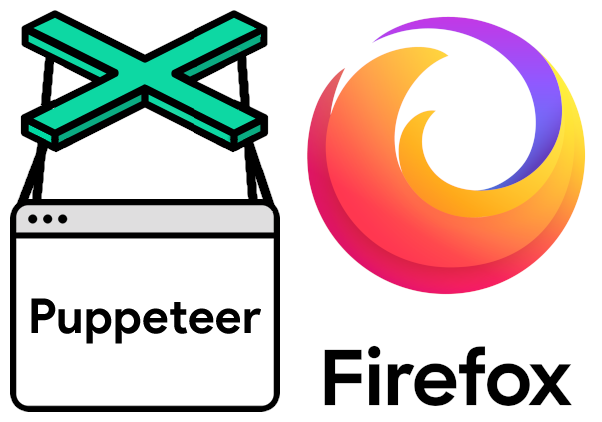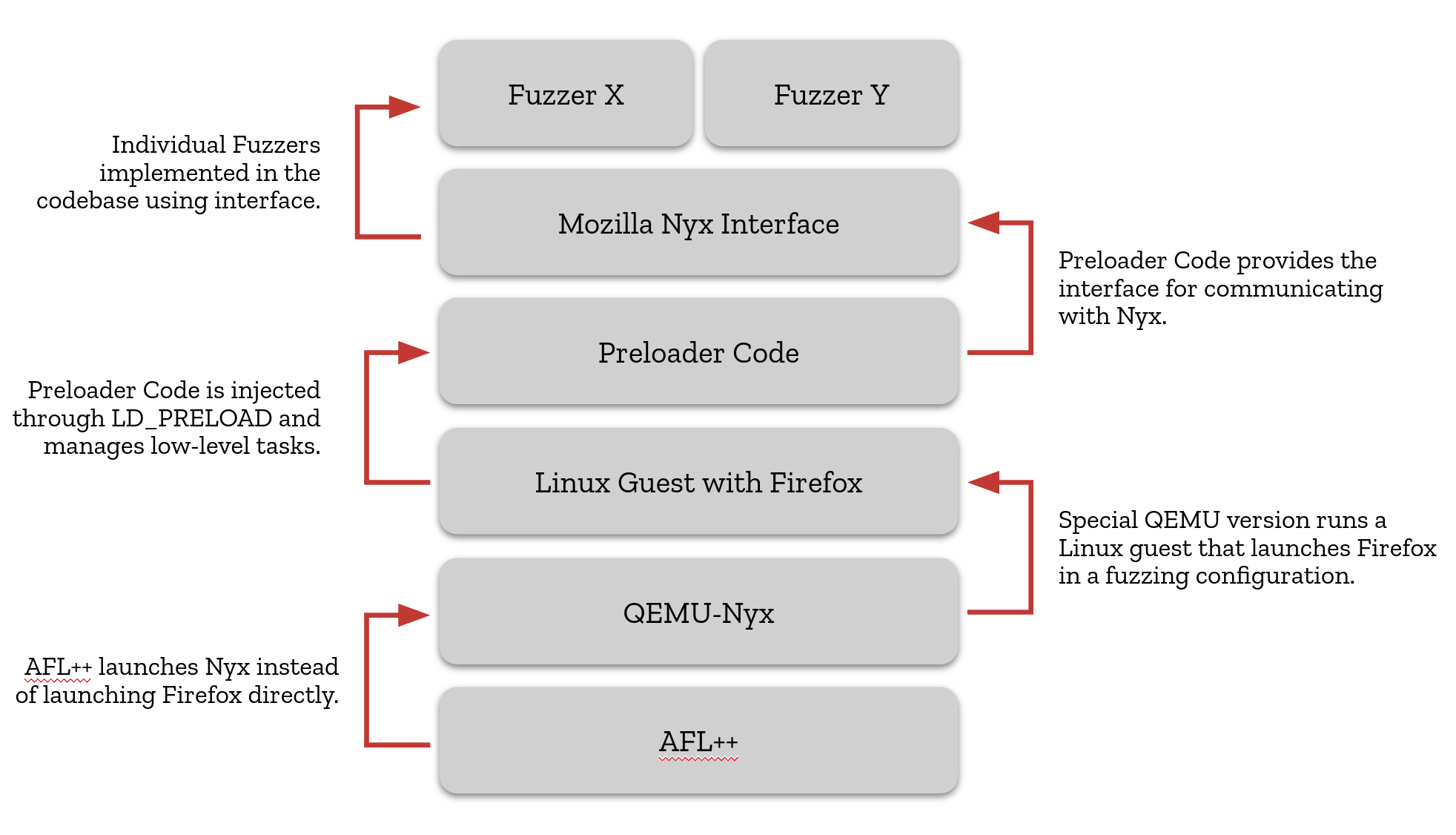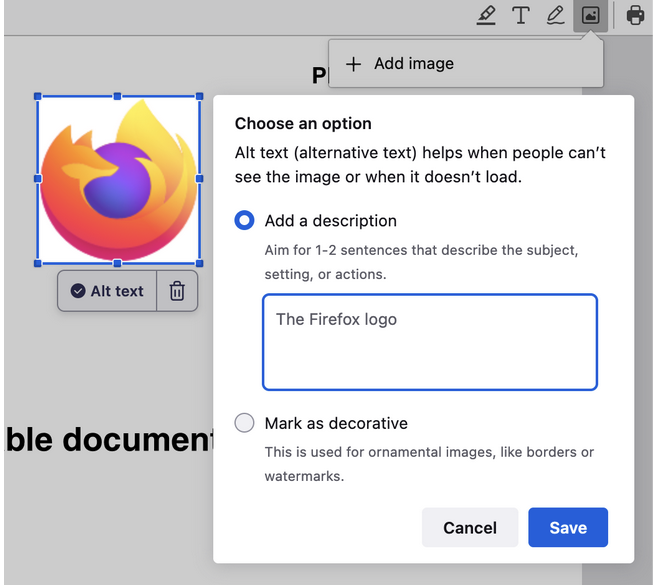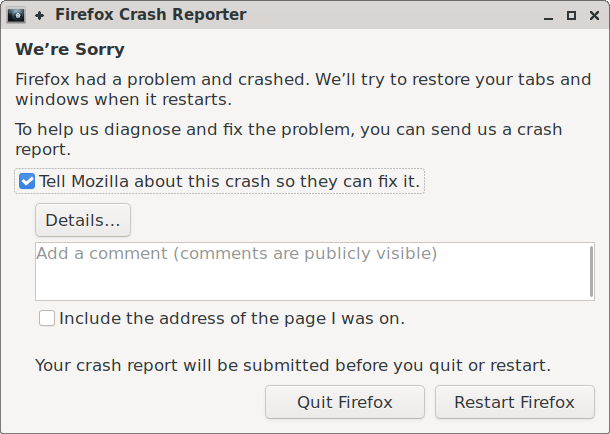Most people browse the web using Google Chrome without really thinking about their options. Gmail, YouTube, or some other site once suggested they use Chrome, and perhaps you never questioned it. The truth is, you do have options when it comes to your web browser, and you may find another that serves your needs better. Browsers offer […]
Safari is an excellent app for all your web browsing needs, but Apple gives you the freedom to choose a different default web browser on your iPhone to open links in. If you primarily use a third-party web browser like Chrome or Firefox on your computer or tablet, changing your default iOS […]
Online privacy is a major concern for everyone, and the biggest personal privacy issues arise when you browse the internet. Why? Because online marketers of all stripes are keen to monetize you by tracking your browser activity, browser cookies, IP address, and device-specific identifiers. The best private browsers put the brakes on those activities, making […]
We’re pleased to announce that, as of version 23, the Puppeteer browser automation library now has first-class support for Firefox. This means that it’s now easy to write automation and perform end-to-end testing using Puppeteer, and run against both Chrome and Firefox. How to Use Puppeteer With Firefox To get started, simply set the product […]
Process separation is one of the cornerstones of the Firefox security model. Instead of running Firefox as a single process, multiple processes with different privileges communicate with each other via Inter-Process Communication (IPC). For example: loading a website, processing its resources, and rendering it is done by an isolated Content Process with a very restrictive […]
Mozilla’s recently announced Builders program supports projects that advance the cause of open source AI. Our inaugural theme is “Local AI”: AI-powered applications that can run entirely locally on consumer devices like desktops, laptops, and smartphones. We are keenly interested in this area because it fosters greater privacy and control by putting AI technology directly […]
As discussed on Mozilla Connect, Firefox 130 will introduce an experimental new capability to automatically generate alt-text for images using a fully private on-device AI model. The feature will be available as part of Firefox’s built-in PDF editor, and our end goal is to make it available in general browsing for users with screen readers. […]
When Mozilla’s Innovation group first launched the llamafile project late last year, we were thrilled by the immediate positive response from open source AI developers. It’s become one of Mozilla’s top three most-favorited repositories on GitHub, attracting a number of contributors, some excellent PRs, and a growing community on our Discord server. Through it all, […]
Firefox’s crash reporter is hopefully not something that most users experience often. However, it is still a very important component of Firefox, as it is integral in providing insight into the most visible bugs: those which crash the main process. These bugs offer the worst user experience (since the entire application must close), so fixing […]
In collaboration with the other major browser engine developers, Mozilla is thrilled to announce Speedometer 3 today. Like previous versions of Speedometer, this benchmark measures what we think matters most for performance online: responsiveness. But today’s release is more open and more challenging than before, and is the best tool for driving browser performance improvements […]








